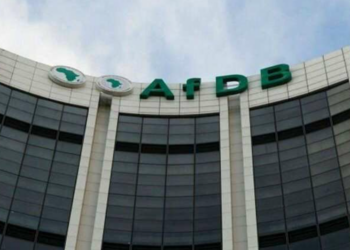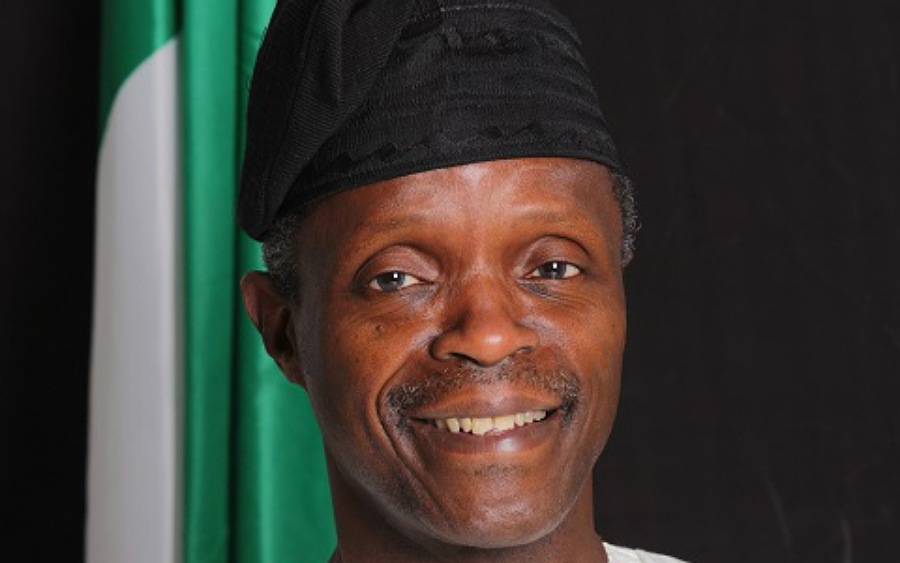5,000 Small and Medium Entreprises (SMEs) will benefit from a $300 million investment initiative set aside for businesses in the Agricultural sector.
Vice President Yemi Osinbajo announced this at the inauguration of the scheme in Abuja. He reiterated the commitment of the Federal Government to provide a favourable clime for small businesses in the country via a partnership with the U.S. and the Cultivating New Frontiers in Agriculture (CNFA).

[READ MORE: PwC reveals Nigeria’s real estate is holding about $900 billion to ransom]
Osinbajo noted that the new partnership was a seed towards cementing a greater agricultural future for Nigeria.
Adam Saffer, the USAID contractor in charge of the Feed the Future (FTF) Nigerian Agribusiness Investment activity added that the opportunity was very huge and should be adopted.
He noted that the arable land, mass bodies of water, human resources, high-yielding soil, and natural resources possessed by Nigeria are all capable of making the country an agricultural giant in Africa.
According to Gaffer, the Feed the Future Project would involve collaboration among banks, investors, processors and every important link in the agricultural sector. He said the collaboration would make the environment more enabling and even rewarding for investors.
“With a more efficient agribusiness sector, food generation, better income and more inclusiveness of women and youth, we can end up with better food quality at a lower price. Our activity is trying to activate $300 million from the investors, from the banks and from the financial institutions to make this happen.”
[READ MORE: NCAA moves to eliminate fake travel agents]
The U.S. Ambassador to Nigeria, Stuart Symington, who was present at the inauguration explained that the role of the U.S. Government in the partnership borders on improving the Agric value chain in Nigeria while guiding against any risks that would come up in the process of relating with financial institutions.
The targeted states include Benue, Delta, Ebonyi, Kaduna, Niger, Kebbi, and Cross River states.






















